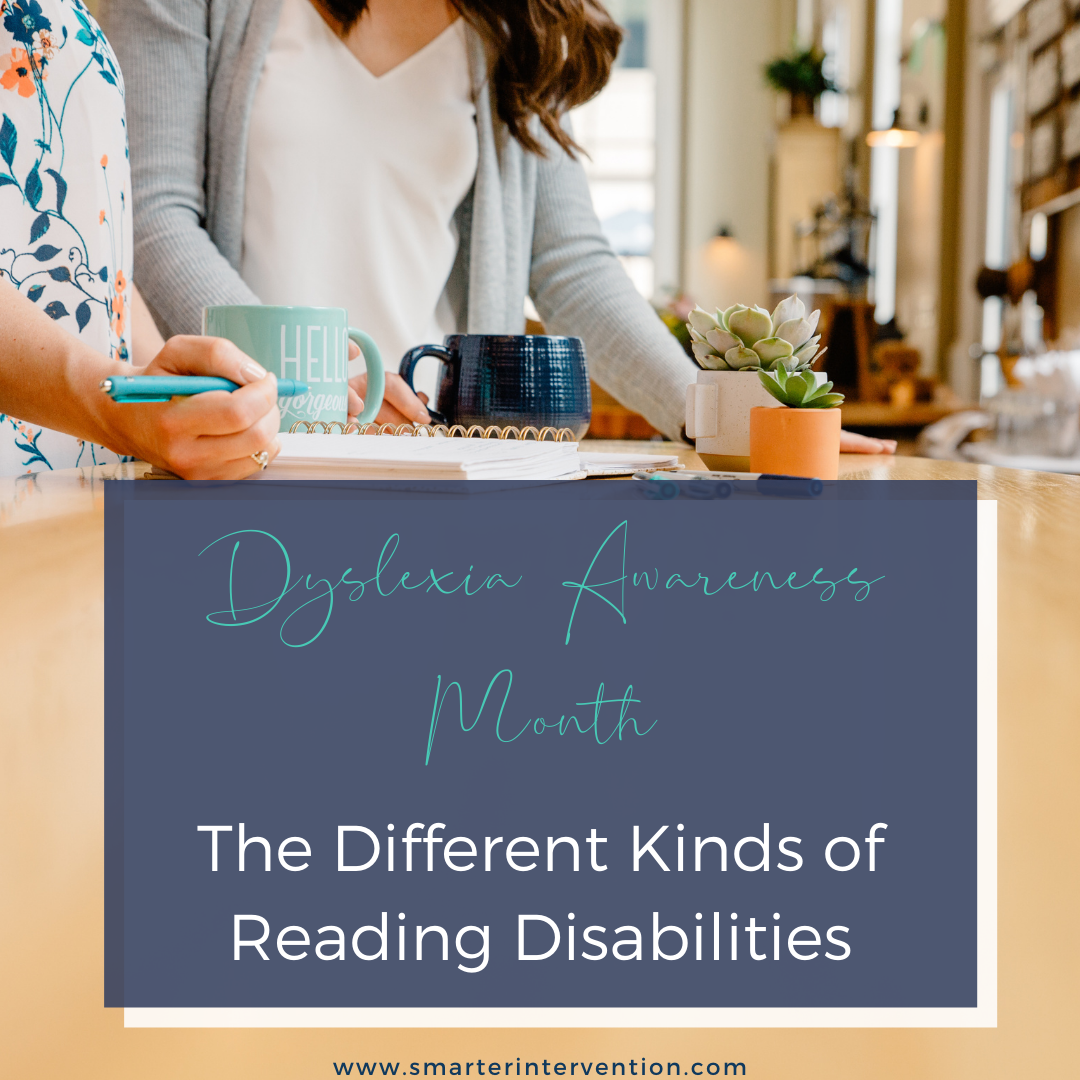Science-based literacy resources and articles
for families, educators and schools
Search by Category:
Categories
- Advocacy
- Authentic Literature
- Business
- Classroom Strategies
- Comprehension
- Data Tracking
- Differentiation
- Dyslexia
- Evaluation and Assessment
- Executive Functioning
- Games & Activities
- Helping My Child At Home
- How To
- IEP/504 Plan
- Lesson Planning
- Math
- Online Intervention
- Organization
- Parents
- Phonics
- Phonological Awareness
- Reading Comprehension
- Reading Fluency
- Research
- SLP
- Spelling
- Vocabulary
- Writing
The Different Kinds of Reading Disabilities
Many students struggle to learn how to read effectively or efficiently.
RESEARCH INDICATES THAT THERE ARE THREE DIFFERENT TYPES OF READING DISABILITIES.
These three types of disabilities relate to (if you know us…you’re probably guessing it right now!!!)
YEP…..
The Literacy Processing Triangle
Which Assessments Should Be Used to Diagnose Dyslexia?
The process of diagnosing dyslexia can often feel like this huge mysterious task! It is truly this multiple step challenge for parents, educators, medical professionals, and other professionals working with struggling students. Let’s break this down.
How to Stop Letter Reversals
We all know that this can be such a sticking point for our dyslexic kiddos. It's important to note that many students display difficulty with b/d until the end of second grade or about the age of 8. By the time a child is 8 years old the dreaded b/d reversal should be pretty much gone.
4 Things Every Teacher Needs to Know About Dyslexia
Dyslexia affects 1 in 5 students, yet many teachers don’t receive enough training to recognize and support it. This post shares four essential facts every educator should know, from understanding that dyslexia is unrelated to intelligence, to recognizing it runs in families, to knowing what effective instruction looks like, and why not all reading struggles are dyslexia. Learn how to better identify, teach, and advocate for students with dyslexia in your classroom.
8 Tips For Talking To Your Child About Dyslexia
Talking to your child about dyslexia can be anxiety-provoking. On the one hand you want them to understand why learning has been so difficult but on the other hand - you don't want to worry them or have them think anything is wrong. Using these 8 tips you will be well on your way to empowering your child to understand more about dyslexia.






